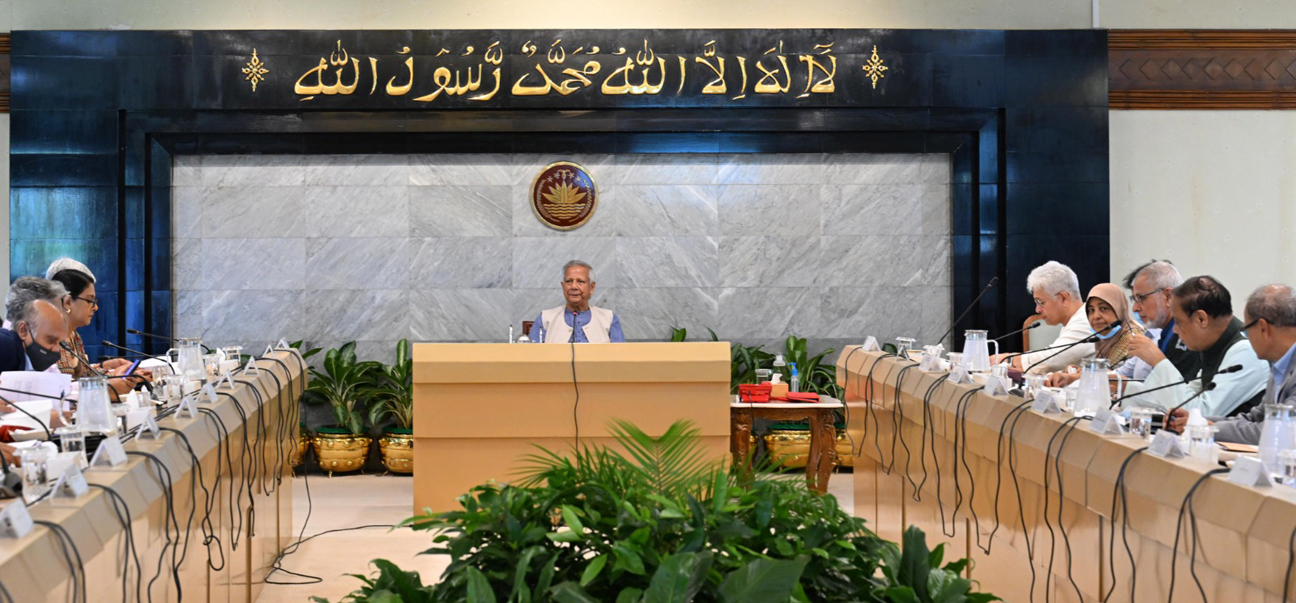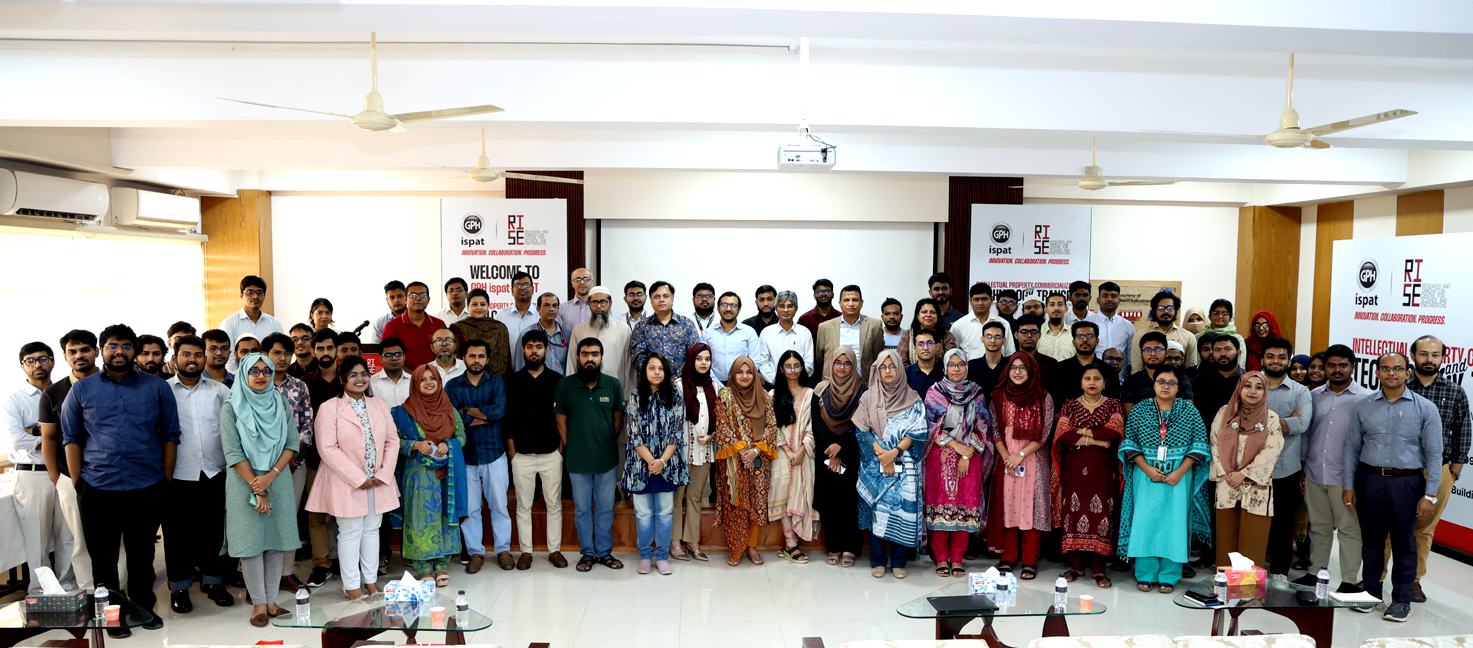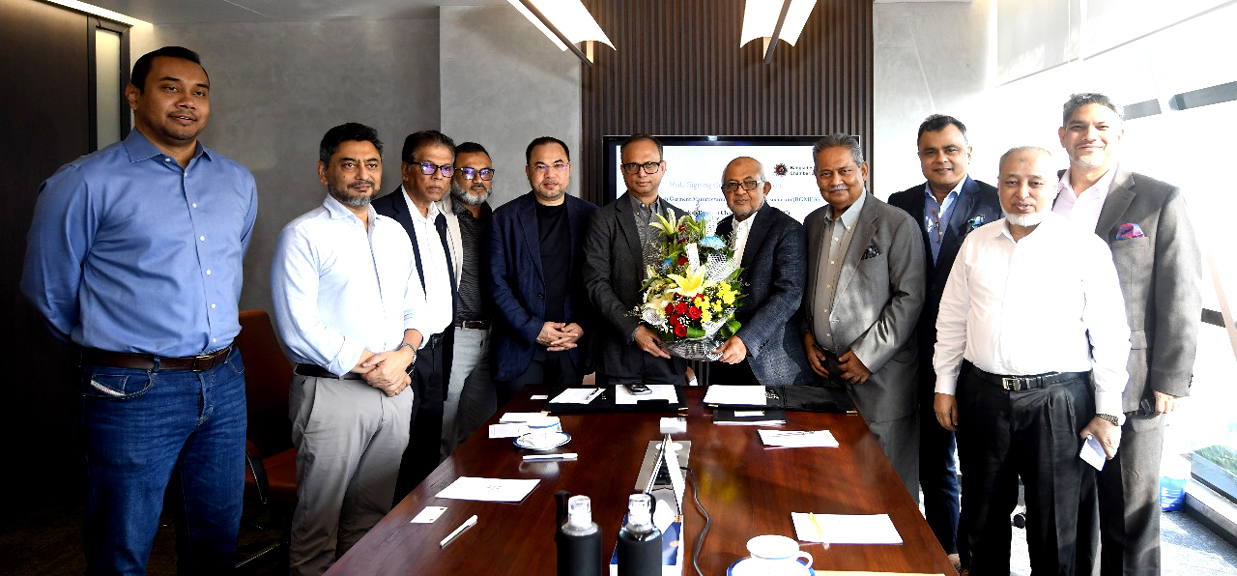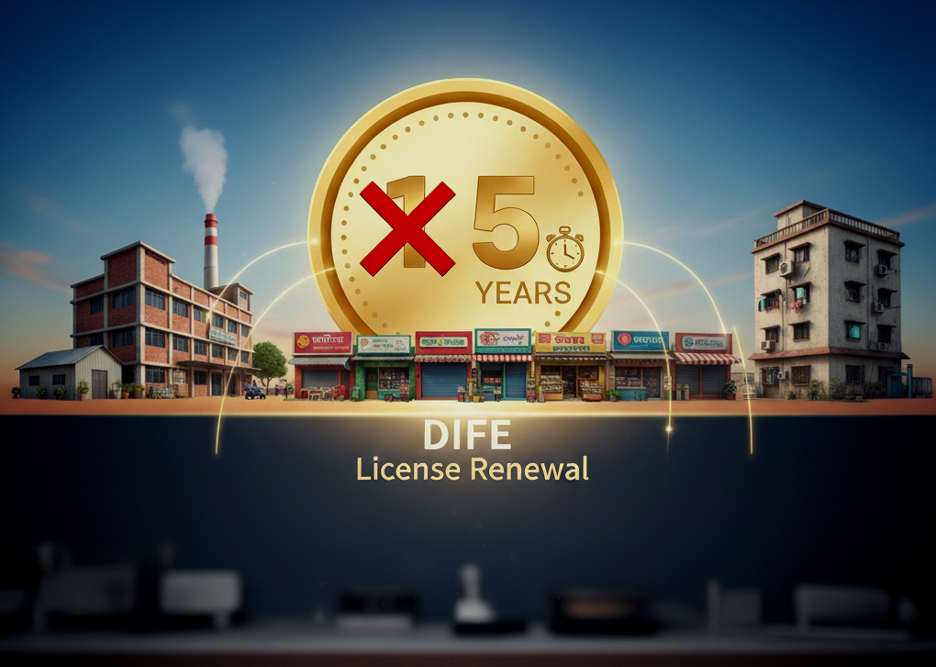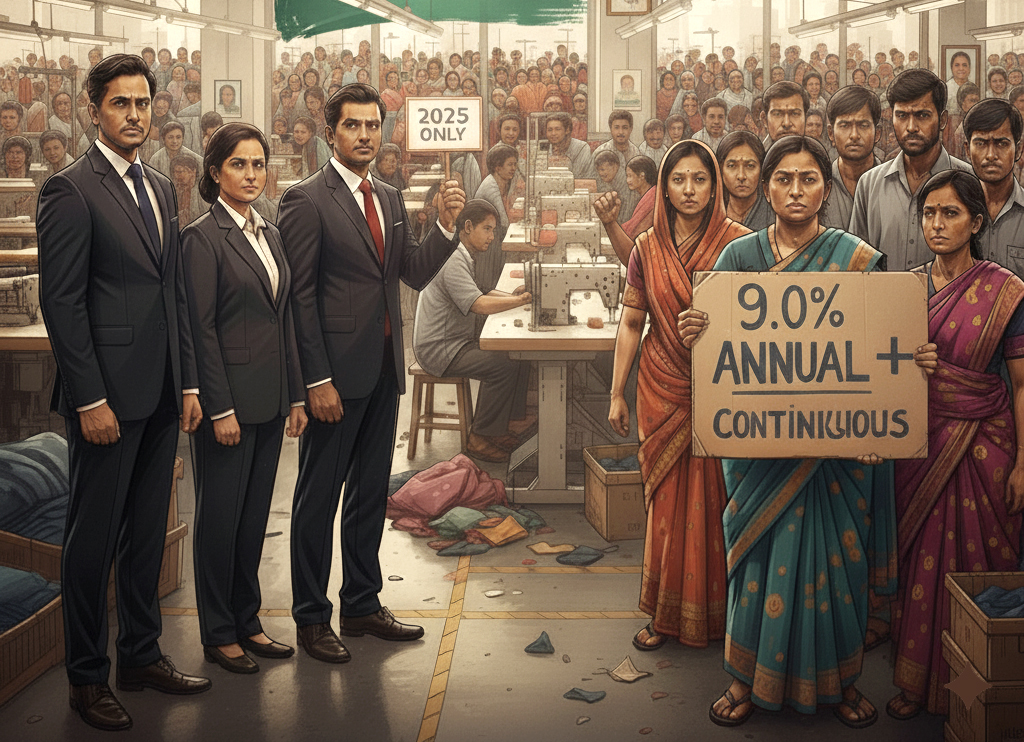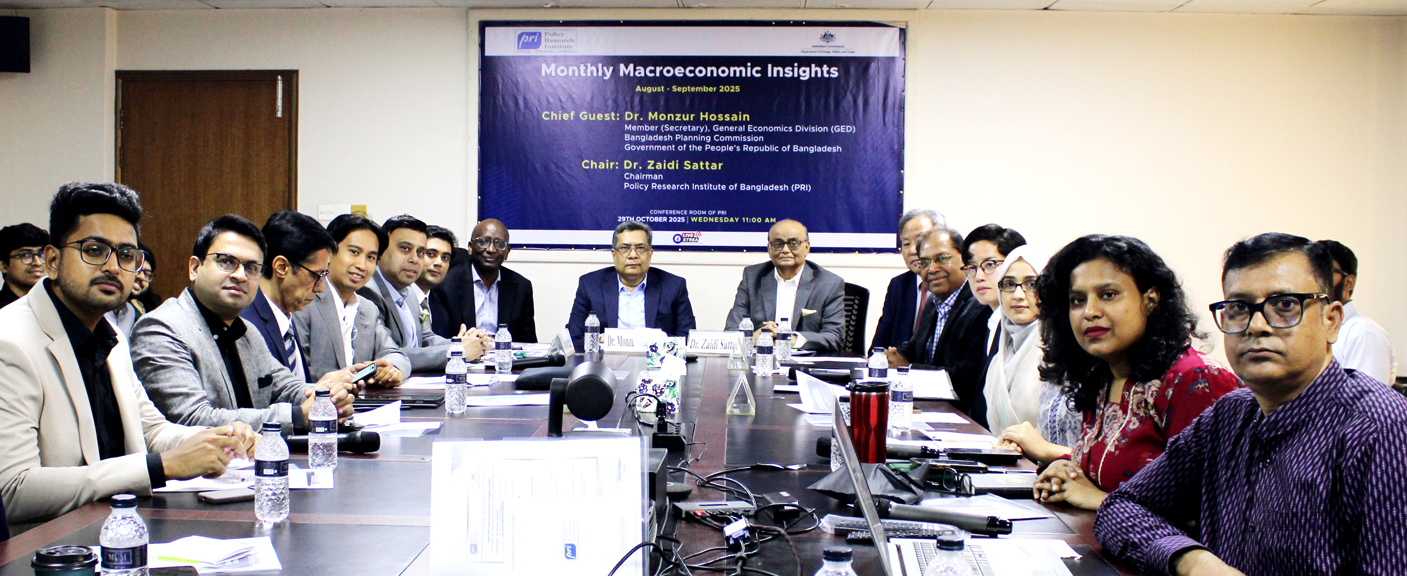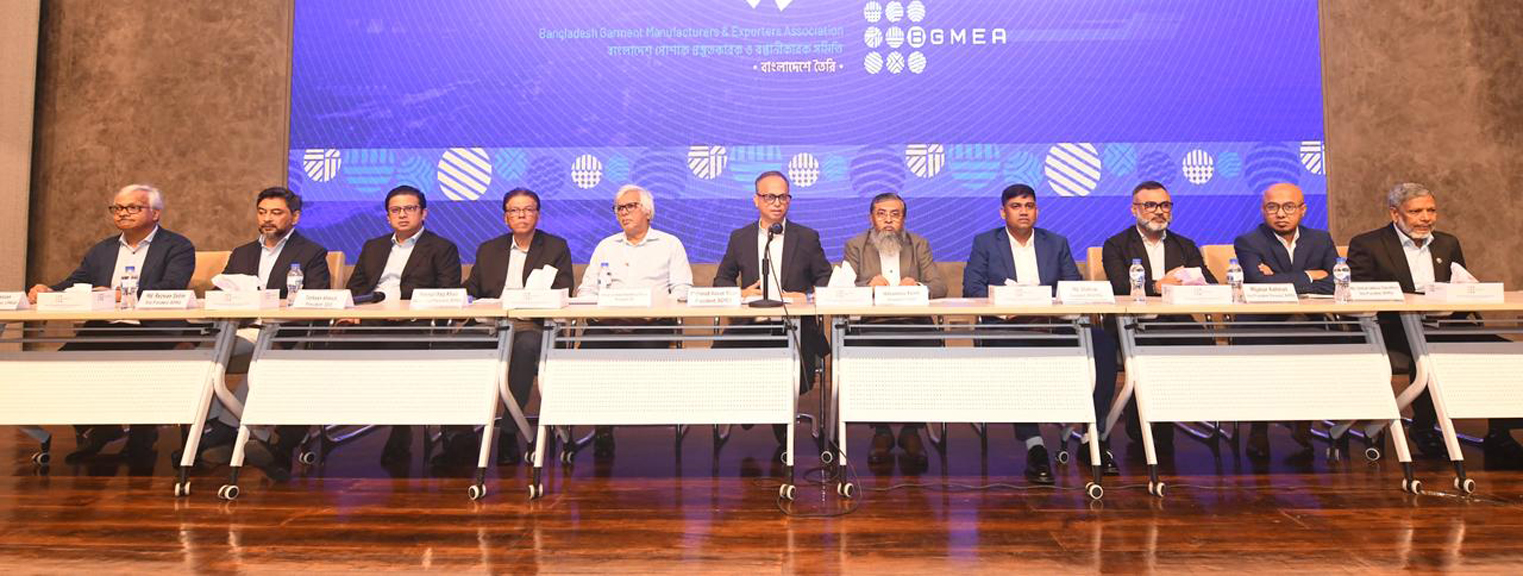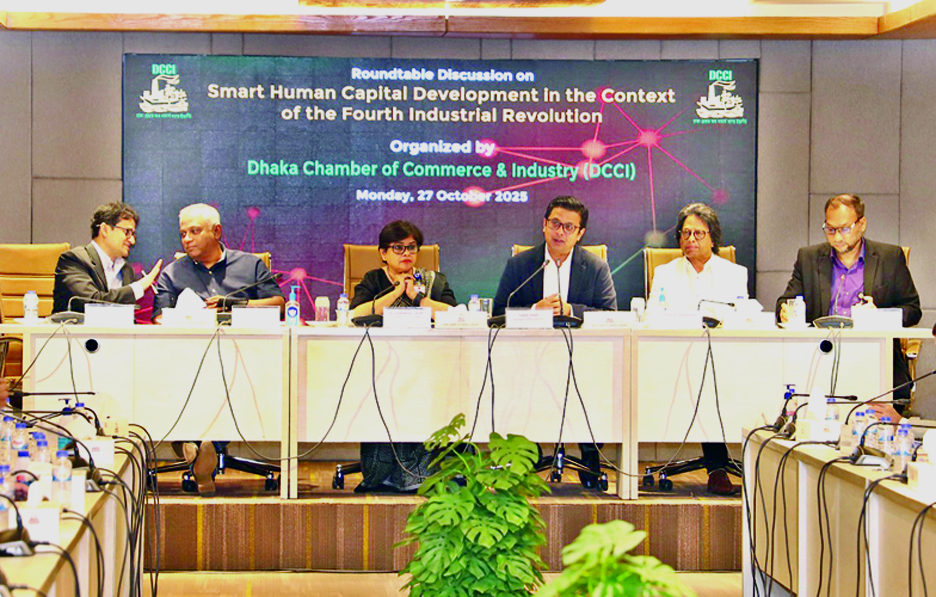The government is leading efforts to expand duty-free facilities for importing raw materials and machinery related to the man-made fibre sector, alongside enhancing support and incentives for export sectors beyond the ready-made garment industry.
These measures form part of Bangladesh’s broader strategy to prepare for graduation from Least Developed Country (LDC) status.
This focus on diversifying export incentives was highlighted during a high-level review meeting chaired by chief adviser Professor Muhammad Yunus, held on July 30 at 11:00 am in the chief adviser’s office in Tejgaon, Dhaka.
The meeting reviewed progress on 16 critical decisions related to the country’s LDC graduation preparations.
Among the key updates, the National Board of Revenue (NBR) is working on four decisions, including the full implementation of the National Single Window system, which has successfully linked 19 agencies so far, with more to be added.
NBR Chairman Md Abdur Rahman Khan also reported progress on the preparation and implementation of the 2023 Tariff Policy action plan.
The Ministry of Industries is advancing three major decisions, including ensuring the full operation of the Effluent Treatment Plant (ETP) at the tannery village in Savar and the ongoing commissioning of the API Park project in Gazaria, Munshiganj.
Other departments involved include the Economic Relations Division, working on two decisions, and the chief adviser’s office, implementing four decisions.
The meeting also addressed the provision of necessary support and incentives for export sectors beyond the ready-made garment industry and discussed duty-free facilities for the import of raw materials and machinery related to the man-made fibre sector.
Further discussions focused on updating the industry policy formulated in 2022 and tackling challenges within the leather industry.
Chief adviser Professor Yunus remarked, ‘We have failed regarding the country’s leather industry; we did not properly assess it. This industry was supposed to be economically beneficial to us, but it has not been.’
In response, he directed that a separate meeting be organised to address the crisis in the leather sector.
He also ordered a follow-up meeting within the next two months to evaluate further steps necessary for Bangladesh’s LDC graduation.
The chief adviser said, ‘For our own interests, for the interest of our economy, we must continue this work. Policies and laws that are ineffective must be changed to find a way forward. These are fundamental issues. We must undertake these tasks to secure our graduation.’
The meeting was attended by finance adviser Salehuddin Ahmed, industry adviser Adilur Rahman Khan, environment adviser Syeda Rizwana Hasan, shipping and transport adviser M Sakhawat Hossain, health adviser Nurjahan Begum, cabinet secretary Sheikh Abdur Rashid, chief adviser’s principal secretary M Siraj Uddin Mia, Bangladesh Bank Governor Ahsan H Mansur and secretaries from various ministries.


